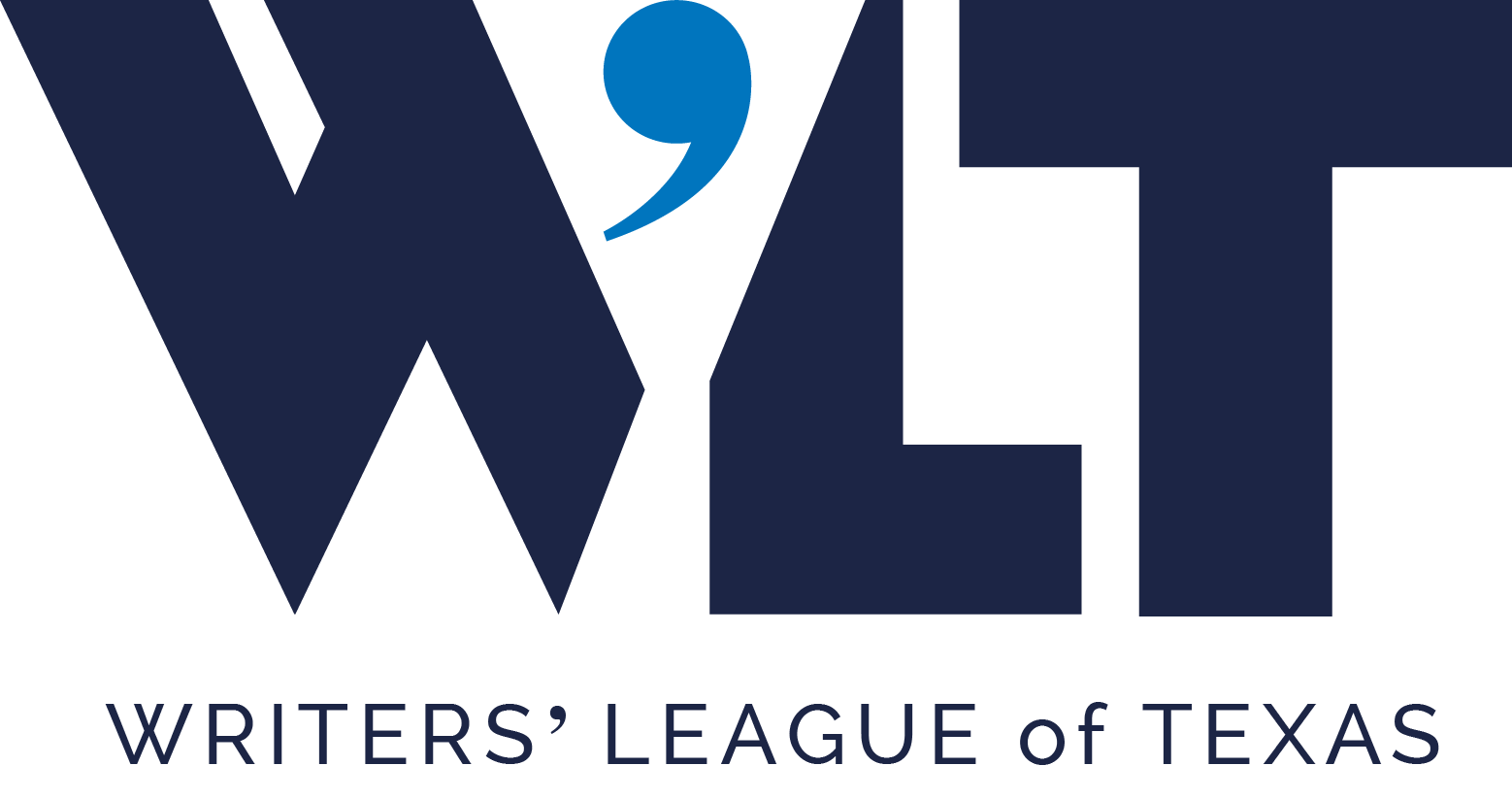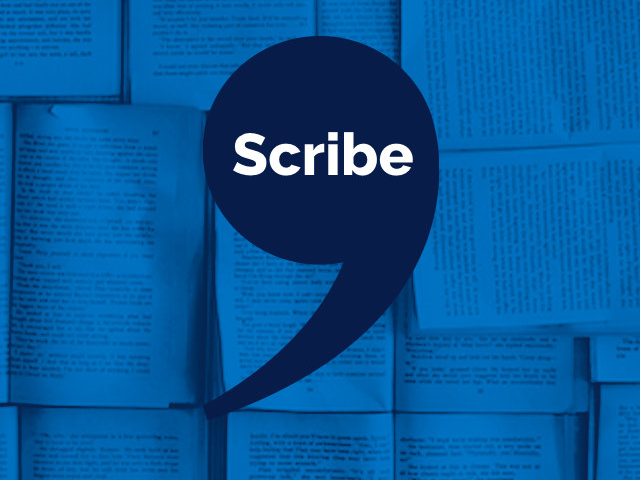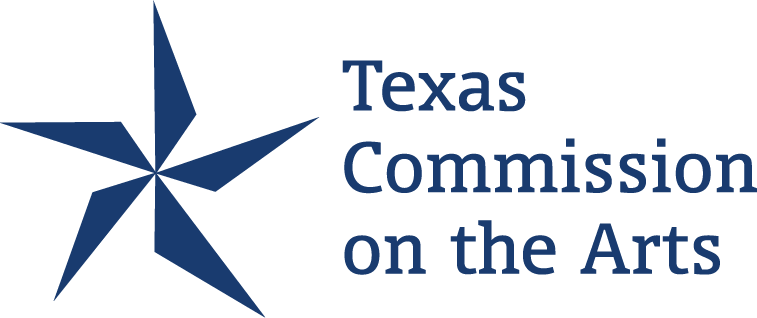Write Fright Night!
Dealing with Spine-Tingling Writerly Anxieties



By WLT Intern, Hailey Clement.
This month’s Third Thursday was about a deeply personal but universal subject—writerly anxieties. To those who care as much about words as writers do, there are many types of powerful mental mires to slough through. But our panelists openly shared their experiences about facing difficulties, and what helps them get through it.
At the beginning of the discussion, authors Amy Tintera, Jason Neulander, and Anne Bustard talked about what led them to writing, and how they came to see themselves as writers. The discussion flowed smoothly through the process of self-acceptance and creation, to the ups and downs of actually getting published.
Amy’s trajectory snaked through her childhood, education, and early career. The author of Reboot and Rebel began writing as a youngster after being so unsatisfied with the ending of a book that she chose to write her own ending. Although she wrote six complete manuscripts before the end of high school, she ultimately went to Hollywood to try her hand as a screenwriter but ended up hating it. She eventually returned to her first love – writing fiction.
Jason has an iron in every fire. The author of the Intergalactic Nemesis is constantly working on multiple projects and across mediums, finding new ways to tell stories. His background in theater informed his writing – he’s written and directed plays, operas, and musicals. After collaborating on numerous projects he felt, similarly to Amy, that he could do better by writing on his own.
Anne, author of the middle grade novel Anywhere but Paradise has always been a book lover. With her background in education (both as a teacher and an “eternal student”) and as a book store owner, she’s always managed to surround herself with one of her greatest loves, books.
For all of them though, the struggle to “identify as a writer” was real. It was a stepping stone to admit it internally before ever voicing it, or at least voicing it seriously. “Writer” is a weighty title and it takes a while to be completely comfortable claiming it, especially for people who care so much about the written word. It was a matter of finding ways to work up the confidence just to say it. They had to get inside their own heads and force themselves to stop holding back. One of the first steps, as Jason put it, was to realize that “identifying as a writer doesn’t mean identifying as a good writer,” or, as Anne pointed out, a published one. Doing the work and having the dedication makes someone a writer well before they’re published, or good, for that matter.
Anne’s charm against the fear of being a bad writer came from the self-assurance that doing the work, putting the effort into writing, would ultimately be what makes her a better writer. Being a good writer is a matter of dedication, and once she decided that she was a writer, she only had to push herself to be committed and keep at it. Every draft, all writing in fact, helps improve her as a writer.
But once that huddle had been crossed, Anne found she had a new challenge. Facing thoughts like “can I even call myself a writer?” is particularly difficult in a genre as trend driven as YA can be. Being part of that world, it’s easy to fall sway to voices of other authors and people in the industry that discourage or promote ideas based on singular plot points or setting. Overcoming this was a matter of learning to focus on the idea behind her work and on making that the best she could, while tuning out the nay-sayers on the internet and in her agent-circles.
In fact, knowing when to listen to people opens a whole new can of worms. A critique group or a supportive friend can give perspective or reveal the hidden parts of a work. Often times, getting someone else’s perspective can help a writer move past being stuck. All three panelists agreed that that can be very valuable. But although writing groups can be supportive, it’s sometimes much better to tune them out. Knowing yourself well enough to know when to reach out vs when to tune out is incredibly helpful.
Grad school taught Amy just that. She found critique groups were poison to her idea formation process. She’s found that she works much better sending out drafts that she’s reviewed and rewritten 3-4 times to a trustworthy friend. Jason, however, credits working in theater for forcing him to get over the anxiety involved in sharing. There’s such an element of collaboration and tangibility in testing ideas and running scenes that it became obvious that showing someone early drafts would lead to improvements. He found the immediate feedback incredibly encouraging. Anne goes back and forth, following her feelings in the moment. When she has worked with critique groups, they’ve been indispensable, and said she “couldn’t do it without them.” They help her know what the impact of her work is and what she can do to make her work better.
These relationships help nurture and grow new works. They can also reinvigorate you when the inevitable rejection heartache takes its toll. Learning to deal with rejection without allowing it to stifle you is a useful tool in any career. Amy survived 75 rejections and assured the audience that it gets easier. She’s learned that since writing is what makes her happy, she begins developing another project while she’s in the publishing phase for another. This helps her separate herself from the rejection drama the first piece inspires. Like ripping off a bandage, rejection is just a part of the experience and it’s never as bad as expected. “It’s part of the deal,” Anne said. What hit Anne hardest wasn’t just rejection, but the two times she’s been told to start over completely. After putting years of effort into a book, it can be devastating to be told to keep the idea, but throw everything else out. And although it was a difficult situation, it was those rewrites that got published.
But getting published is never the end of the story. A whole new set of confusing and overwhelming feelings come from that stage of a piece’s life. Instead of relief, there’s sometimes doubt. The journey to getting published can be so full of potholes and torn maps, that actually getting published can be empty or anticlimactic as Jason pointed out.
Maintaining creativity and being a part of sympathetic circles are the best mental balm for these overwhelming experiences. There’s always a way to recuperate from the negative feelings. Anne has noticed a pattern within herself that every time she starts working on a new project, it takes her about two weeks to really get into the groove, but only about one week to lose all hope. Having a friend who knows this and who can comfort and encourage her has helped her tremendously.
Wandering through the sometimes nail biting experience of being a writer, there are so many things that can trip us up on a daily basis. But soldiering through and attempting to create something—to write something—is what matters. Join us on November 19 at BookPeople for our next Third Thursday panel. Authors Meg Barnhouse, Owen Egerton, Greg Garrett, and Donna M. Johnson will discuss writing about religion and spirituality. See you there!









